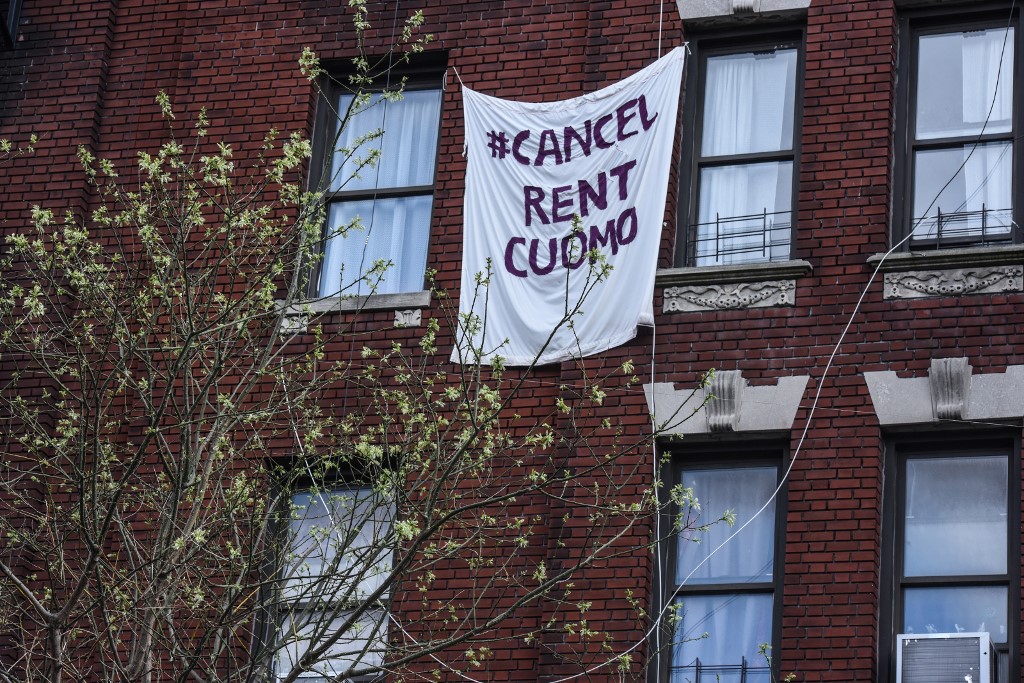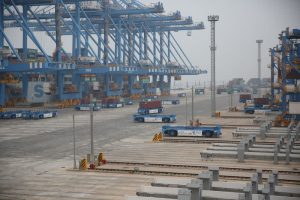After weeks of economic shutdowns, the outlook for a US rebound remains “highly uncertain” and businesses nationwide are gloomy about how quickly things can return to normal, the Federal Reserve said on Wednesday.
At the same time firms worry that generous unemployment benefits make it difficult to retain workers or to bring them back to their posts once they are able to reopen, according to the Fed’s beige book survey of economic conditions.
The survey showed activity in the world’s largest economy continued to fall sharply in recent weeks in all regions, with auto sales falling sharply and tenants unable to pay rent.
“Although many contacts expressed hope that overall activity would pick-up as businesses reopened, the outlook remained highly uncertain and most contacts were pessimistic about the potential pace of recovery,” the survey said.
The disruptions due to the Covid-19 pandemic caused activity to decline in all of the Fed’s 12 districts, with most reporting sharp slowdowns along with steep declines in employment, the survey showed.
Government data shows job losses since mid-March are approaching 40 million, although some of the Fed’s regional banks report that most of the layoffs are considered temporary.
Businesses also cited a list of “challenges in bringing employees back to work, including workers’ health concerns, limited access to childcare, and generous unemployment insurance benefits,” the report said.
Among the nearly $3 trillion in rescue measures approved by Congress since the pandemic hit, the government provided an additional $600 in weekly jobless payments temporarily, on top of any state benefits, and extended the time period for receiving payments.
Retailers struggling
The government’s Paycheck Protection Program (PPP) offered low-cost loans that businesses will not have to repay if they keep employees on their payrolls and off state unemployment rolls.
The Fed survey reported strong demand for PPP which helped firms “limit or avoid” layoffs.
However, some companies reported offering temporary wage increases for essential workers “to compete with unemployment insurance,” which was expanded amid the pandemic.
In Boston, many firms reported pay increases of as much as 25 to 30% “because of work-related risks,” but they expect the increases to be temporary, the report said.
In New York, the state hardest hit by the virus, the economic downturn continued, but there were rays of hope amid “scattered signs of a pickup in early May,” as the region began to tentatively reopen.
Businesses resorted to curbside pickup and online sales to partially compensate for lost sales when they were forced to close their doors, but auto sales and construction “ground to a halt.”
And “there continued to be fairly widespread pessimism” among businesses in the New York region.
The survey also showed signs of potential financial challenges ahead once the economy restarts.
Retailers are struggling to pay rent, according to the survey, and while residential landlords say fewer households than expected delayed payment, in St. Louis, “Banks indicated a sharp increase in delinquencies, primarily in mortgages, credit cards and auto loans.”
The nationwide survey collected information through May 18 in preparation for the next meeting of the Fed’s policy-setting Federal Open Market Committee on June 9-10.
AFP
























